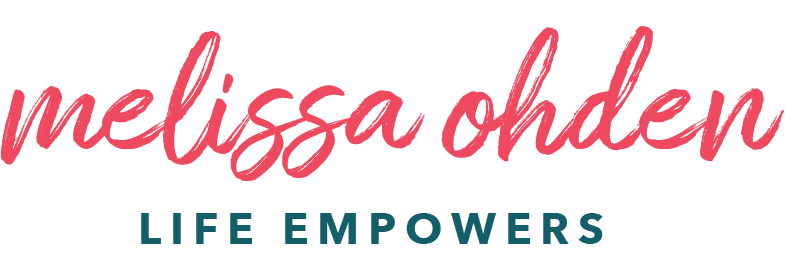To anyone else casually passing by us in the airport, we’re just two women, two friends, laughing probably a bit too loudly, our words rattling off at a clip of what seems to be a mile a minute, as we perch on our seats, trying to squeeze a lifetime of conversation into the span of just a few short minutes.
I can feel everyone’s eyes turn to us as I lend my friend my left arm to balance on, as the boarding announcement is made, and I laughingly try to pull our two bags behind me as we board our plane. As I half drag our bags behind me, we can’t stop laughing uproariously over how terrible of a job I’m doing. But it doesn’t bother us. I want to give her my arm. And I will. Even if it means the bags are skidding on the floor behind me.
Bags can be replaced, time with one another can’t.
Little could our fellow travelers know that we aren’t just friends who happened to bump into each other at the airport, both actually catching the same flight for Birmingham, but we are friends with stories that bind us together.
————————————————————
“I can hardly use the left side of my body,” a woman recently shared. “My limbs are different on each side. Even my speech is different, as you can tell.” We proceeded to swap stories of our various maladies, as she stretched her arms and legs out in emphasis, while recounting the story of her life.
Although I’m overall very healthy, and I didn’t suffer the long-term health consequences and disabilities the doctors cautioned about, I have my own little quirks. We all do, of course, but as a survivor, I always wonder if they’re “just me” or they were brought on by the abortion attempt meant to end my life and the stress it has caused me physically and emotionally. My two most plaguing quirks are the ability to develop shingles multiple times before the age of 40, (I’ve now lost count as to how many times I’ve developed them—maybe 5? 6?) and the structure of the right side of my back causing me not only chronic pain, but effects that resemble that of a traumatic accident. “When were you in a car accident?” I hear over and over again when I visit a new chiropractor or massage therapist.
As we swap war stories about our unique health issues, we find a fellow comradeship that neither one of us were expecting that night.
I’m no longer surprised by the presence of other abortion survivors in our world, but as my new acquaintance stated that night, she was completely caught off guard by me, as she had never met anyone else with such a similar experience to hers.
————————————————————
“It’s not just your life story, it will now be your own family’s story,” I nod towards a young, newly-married couple, as I hug them goodbye. I see so much of Ryan and me, from early on in our marriage, in them, although I keep this thought to myself.
We know what it’s like to have a traumatic, painful piece of truth shape us as a couple and mold the mission of our family.
The news that his mother had an abortion performed during her pregnancy with him and soon thereafter realized that she was still pregnant with him, is still relatively new to them both. Despite the differences in our experiences, we find firm solidarity in our similarities. “God had a plan,” he smiles, reiterating words from my speech earlier that night.
————————————————————
There’s something truly sacred about connecting with other survivors, for them and for me.
No matter how many survivors I connect with, I will never tire of these deeply personal connections we make with one another. As we forge these connections, I feel simultaneously like the world has stopped spinning, as we divulge such personal details about our lives and connect at the soul level, while also being acutely aware of the people who are nearby, watching, and maybe even listening in.
As people intently watch these interactions, I know they most likely have NO IDEA what they are actually witnessing. In their watching eyes, we may be simply friends interacting and truly enjoying each other’s company, or we’re new acquaintances who have found something to share a laugh and a hug about.
But I can’t help but wonder, how would it change these individuals, how would it change our world, if they knew our stories, if they knew the ties that bind us?
I believe our stories, our very existence, have the opportunity to change the world.
It’s increasingly harder to deny someone’s existence or their right to life when you come face to face with them, when you see that they are just like you. And when there’s more than one? Well, that certainly amplifies the message.
Everyone has a story to tell, a lesson to teach, and wisdom to share…And survivors have some of the most powerful stories, lessons, and wisdom to pass along.
Most survivors will never share their story publicly, but privately, I know their stories touch the lives of countless individuals, including me.
And I can’t help but think that maybe someday, our culture will see that behind the words “abortion survivor” there are so many of us with not only a story to share, but wisdom and lessons that could benefit them and our world.


Recent Comments